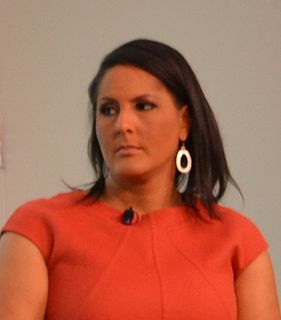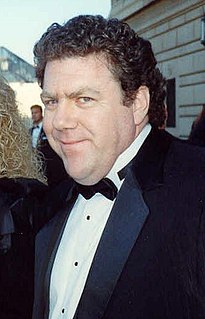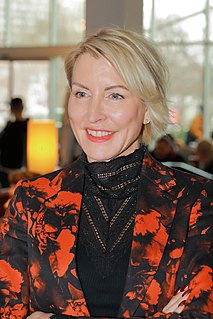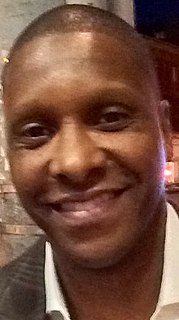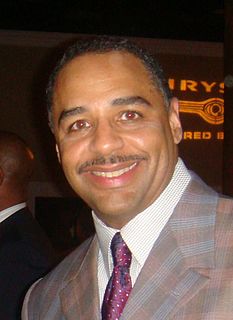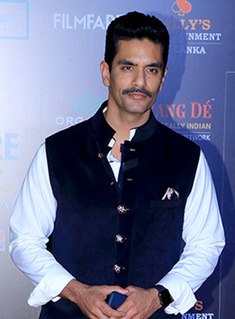A Quote by Lena Dunham
When someone anonymous tells me I'm fat, that's not a person to me. If they're not going to acknowledge me as a person, I'm certainly not going to acknowledge them as a person.
Related Quotes
It's maybe every third person now (who calls out 'Norm!' when they see me). It used to be every other person. It's faded a bit, but not too much. They're always going to remember me that way. I decided a long time ago that if I'm going to let this make me crazy, I'm going to be certifiable, so I just roll with it.
I'm not scared anymore, I just ... I don't know. I think it's because I saw someone else, someone behind your face, like you'd taken off a mask. It was still you, but it wasn't. And I don't think that person is going to hurt me, or Marci, or anybody else, but ... I guess the thing is that I don't know anything about that person. At all. And that's what scares me more than anything - that there could be two people, so different, and one of them so secret.
I'm going to be happy. I'm going to skip. I'm going to be glad. I'm going to be easy. I'm going to count my blessings. I'm going to look for reasons to feel good. I'm going to dig up positive things from the past. I'm going to look for positive things where I stand. I'm going to look for positive things in the future. It is my natural state to be a happy person. It's natural for me to love and to laugh. This is what is most natural for me. I am a happy person.
I also know that I have represented for us a certain kind of journalist and for me over the years when an older Black person comes and tells me how proud they are of me and the way I represent us on television, or when a younger person says to me, 'Hey Mr. Gordon, I watched you growing up and my parents made me watch you,'.
You want to be a good person, don't you, Pat?' I nod. I cry. I do want to be a good person, I really do. 'I'm going to up your meds,' Dr. Patel tells me. 'You might feel a little sluggish, but it should help to curb your violent outbursts. You need to know it's your actions that will make you a good person, not desire.
What I bring to the interview is respect. The person recognizes that you respect them because you're listening. Because you're listening, they feel good about talking to you. When someone tells me a thing that happened, what do I feel inside? I want to get the story out. It's for the person who reads it to have the feeling . . . In most cases the person I encounter is not a celebrity; rather the ordinary person. "Ordinary" is a word I loathe. It has a patronizing air. I have come across ordinary people who have done extraordinary things. (p. 176)

